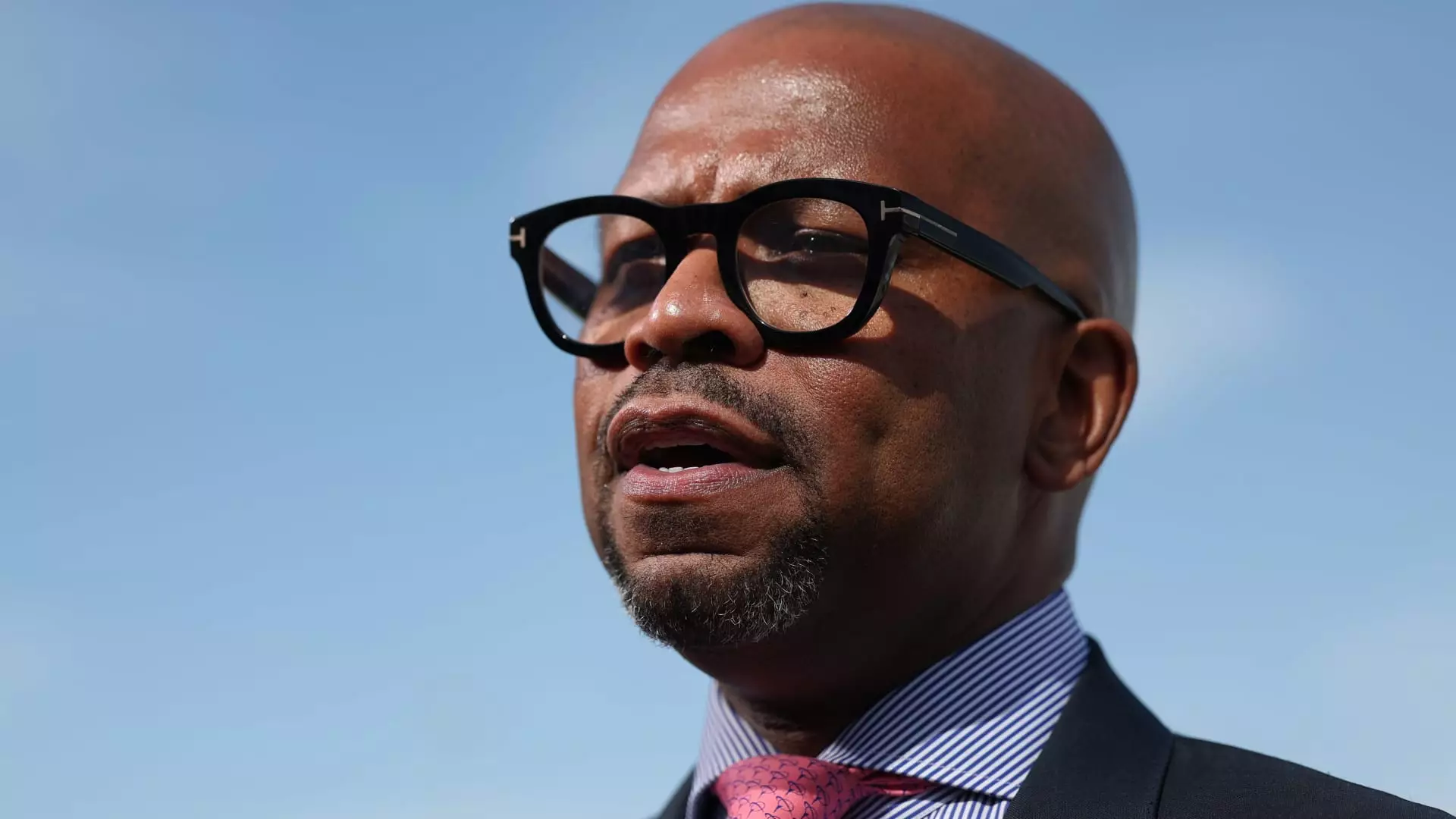Boeing has announced a significant leadership change within its defense sector as CEO Kelly Ortberg takes decisive action by parting ways with Ted Colbert, the former head of Boeing’s defense unit. This transition comes during a pivotal time for the company, merely months after Ortberg stepped into the CEO role in August. In a communication to staff, Ortberg emphasized the urgent need to rebuild trust with customers, highlighting the necessity of exceptional standards in fulfilling the company’s commitments to various missions around the globe.
Ortberg’s remarks reveal a sense of urgency that reflects Boeing’s current challenges. The statement points to a commitment to performance enhancement, suggesting that the company recognizes deficiencies in addressing customer expectations. This sentiment resonates throughout the organization, voicing a collective call for a renewed focus on performance, accountability, and delivery. The departure of Colbert, who dedicated 15 years to Boeing, signals a substantial shift as Ortberg aims to reevaluate management strategies and operational effectiveness within the defense division.
The defense, space, and security unit is a crucial revenue generator for Boeing, contributing nearly 40% of the company’s total income for the initial half of the year. However, this segment is currently beset by a multitude of challenges, including production delays and budget overruns. Notably, the issues surrounding the latest 747 aircraft, designated to serve as Air Force One, have drawn public scrutiny regarding Boeing’s operational efficiencies and program management. The production difficulties represent a clear disconnect between customer expectations and the company’s current capabilities.
In addition to issues with the 747 program, Boeing’s space division is facing setbacks as well. The recent uncrewed return of the Starliner, which was expected to carry astronauts back from the International Space Station, underscores an operational gap compared to competing entities like SpaceX. NASA’s decision to opt for SpaceX’s Crew-9 vehicle instead highlights the intensified competition within the aerospace industry, presenting an urgent need for Boeing to adapt and evolve its strategic approach.
As Boeing navigates this turbulent period, the appointment of Steve Parker as interim head of the defense unit represents a potential opportunity for recalibration. Parker’s background and experience may enable a smoother transition as the company seeks a permanent replacement for Colbert. The focus will likely be on driving innovation and addressing systemic inefficiencies that have hampered performance metrics.
Boeing’s pledge to restore customer trust will hinge on transparent communication, robust quality assurance processes, and a rejuvenated corporate ethos that embraces accountability. Moving forward, the company must prioritize a culture that aligns its operational practices with the high expectations set by its clientele. As the aerospace giant stands at this turning point, its ability to unite leadership and address lingering challenges will ultimately dictate its future trajectory in an increasingly competitive landscape.

